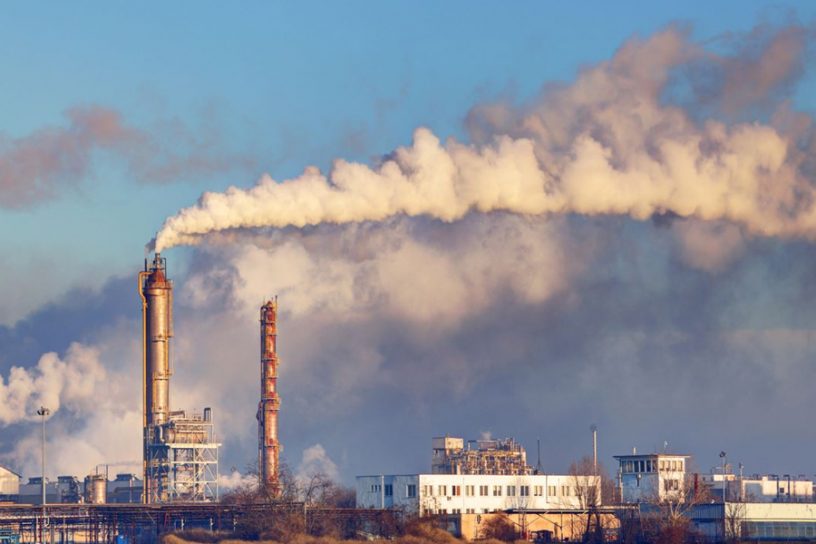
Though petrochemical production plays a key role in strengthening the nation’s economy, it is adversely impacting the environment due to its chemical by-products and their ecological toxicity, say the authors.
Authors
Armin Rosencranz, Professor and Dean, Jindal School of Environment & Sustainability, O.P. Jindal Global University, Sonipat, Haryana, India.
Aliya Naz, Independent Researcher.
Summary
India stands third in the number of global cancer cases. According to the Indian Council of Medical Research, there will be a 12 per cent increase in cancer cases in the next five years. Petroleum pollution is one of the major contributors with increased risk of lung cancer, mesothelioma, skin melanoma, multiple myeloma, leukaemia, and cancers of the prostate and urinary bladder.
Petrochemicals are groups of chemicals derived significantly from fossil fuel including coal, natural gas and crude oil. These are categorised into three types – basic, intermediates and other petrochemicals.
The basic petrochemicals constitute synthetic fibre, synthetic rubber, polymers, synthetic detergents and performance plastics. The intermediate petrochemicals include fibre intermediates and building rocks such as olefins and aromatics.
Other petrobased chemicals are Diacetone Alcohol, Diethylene Glycol, Polycarbonate, Propylene Oxide, Propylene Glycol, Polyvinyl Acetate Resin. The crude oil by-products and other chemicals such as ethylene, polypropylene and benzene are used in manufacture of various daily use commodities – clothing, packaging, plastics, containers, furniture, cooking utensils, cosmetics, pesticides, fertilizers, pharmaceuticals and detergents. Petrochemicals have also found their way to the food industry, health and pharmaceutical industries, and the agricultural sector.
Manufacture and disposal of these products release harmful chemicals into the environment. Thus, people are unknowingly getting exposed to petrochemical by-products in their daily lives. Petrochemical products are also being used for renewable energy sources such as in solar panels, windmill blades, batteries and other important parts in electric vehicles.
Petrochemical industries play a major role in India’s GDP. In 2015 the petrochemical and chemical industries contributed 40 billion USD, which reached 187 billion USD in 2020.
Though petrochemical production plays a key role in strengthening the nation’s economy, it is adversely impacting the environment due to its chemical by-products and their ecological toxicity.
Published in: The Statesman
To read the full article, please click here.


